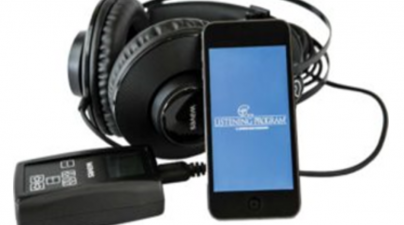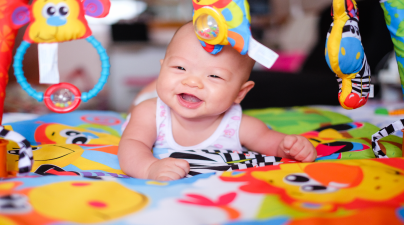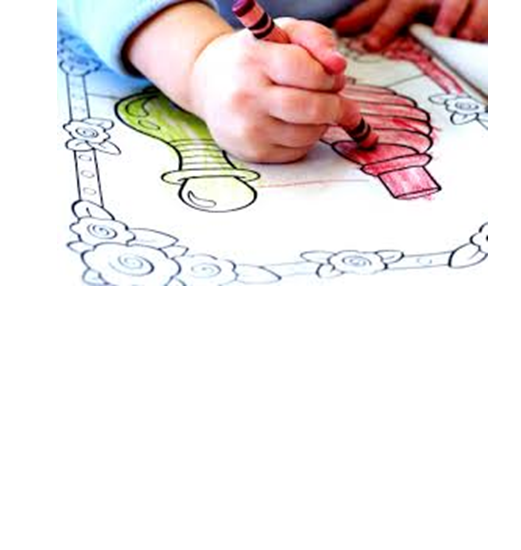-
23 October 2019
-
0 comments
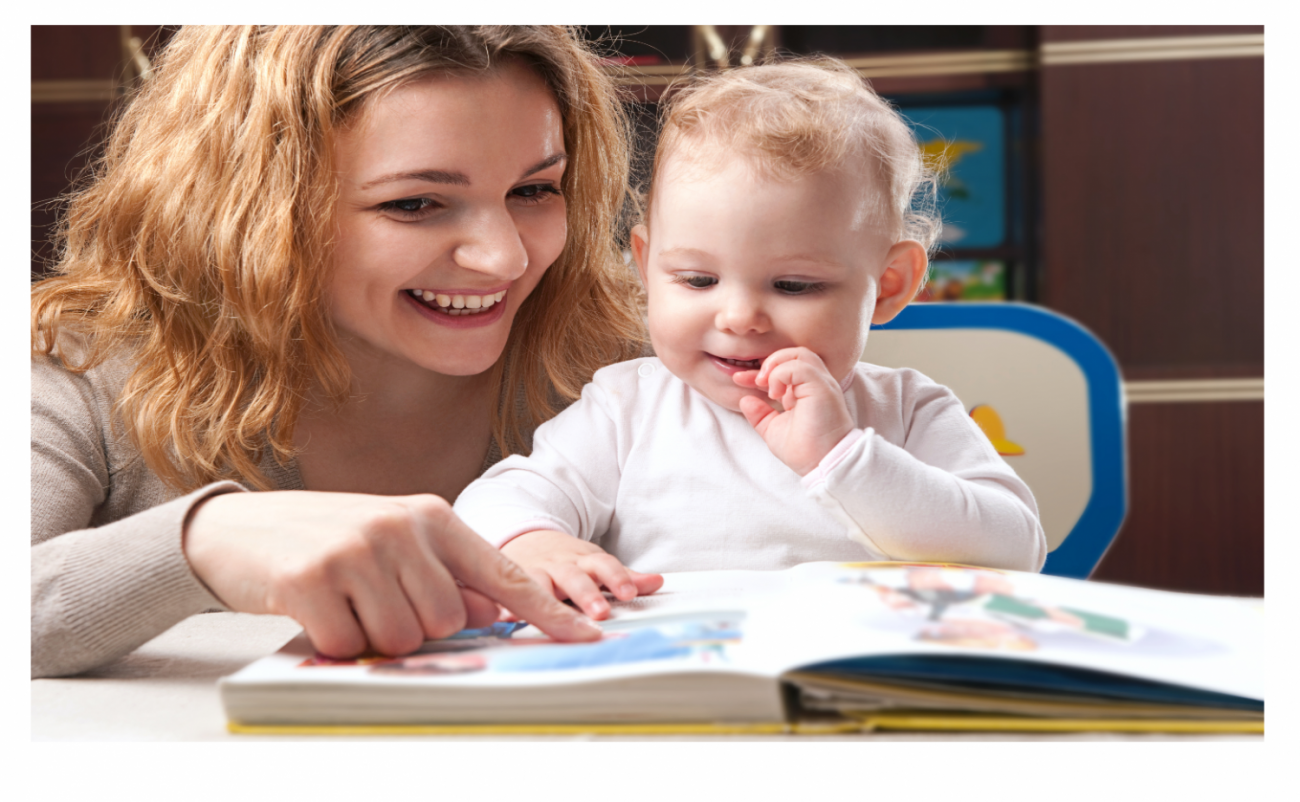
Early Literacy Skills:
Promoting Literacy Skills at Home
Learning to read and write doesn’t start in kindergarten or first grade. Language and literacy skills begin to develop in infancy and continue to expand over the preschool years. Literacy is often defined as an individual’s ability to speak, read, and write in order to function adequately in one’s daily environment. An infant’s excitement over illustrated pictures, a two-year old’s ability to turn pages in a book, and a three year old’s ability to identify the letters in his/her name are all examples of literacy development. Research has shown that early exposure to printed words will likely influence a child’s literacy skills. Before children start school, they are aware of the nature and purpose of reading. Parents play an important role in their children’s acquisition of pre-reading skills. Parents who read to their children are introducing them to phonemic awareness, letter and sound recognition, and building vocabulary skills.
The following is a list of activities designed to promote literacy skills in the home environment:
Activities for Birth to Three Years:
- Read aloud to your child every day! Use varying pitch and intonation during storytelling, (for example, raising your pitch when using baby talk).
- Allow your child to open the book and turn the pages.
- Point to each word as you read aloud. Stress the repeated phrases and encourage your child to fill in the word(s) for the repeated phrases. For example, “The wheels on the bus go ‘round and _____.”
- Encourage your child to draw pictures. Ask him/her questions about the drawings and have him/her make up a story to go along with the pictures.
- Take advantage of car trips by listening to stories and nursery rhyme songs.
Activities for Three to Four Year Old’s: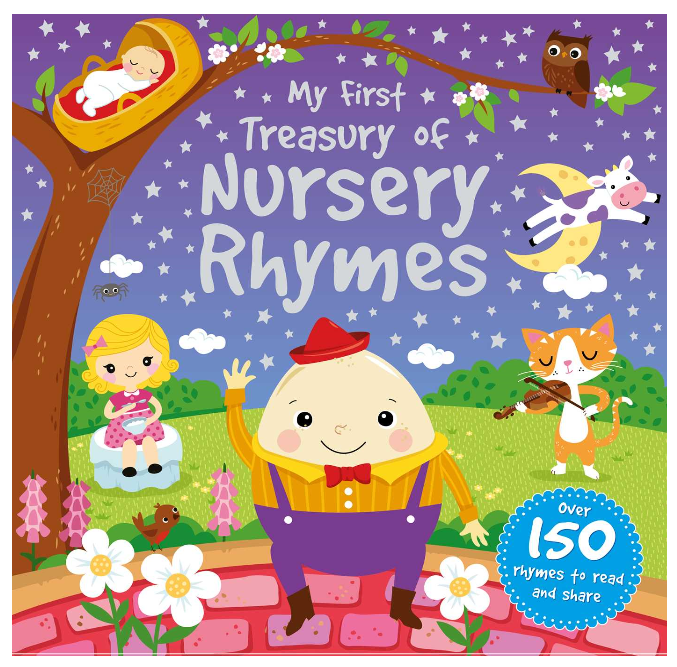
- Point out the letters on traffic signs, letters, buildings, and in books.
- Play alphabet games. Sing the alphabet song aloud with your child. Introduce letter pictures and cards. Encourage your child to find the letters in his/her name on cereal boxes, magazines, or books.
- Read rhyming books. Have your child fill in the blanks to familiar rhymes. For example, “Jack and Jill went up the _____.”
- As your child becomes more familiar with rhymes, encourage him/her to make up new rhyming songs!
Activities for Four Years Old and Up:
- Sound matching activities – Ask your child to identify the sounds in words. For example, “Which two words start with the same sound: dog, bat, and doll?”
- Blending Games – Slowly say aloud each sound of a word. Ask your child to blend the sounds together to form the word. For example, c-a-t/cat.
- Rhyming Games – Ask your child to identify words that sound the same. For example, hat-cat-shoe. As your child becomes more familiar with rhymes, say a word and have him/her give a word that rhymes with it. For example, “Tell me a word that rhymes with dot.”
- Sound-Letter Recognition – As your child’s awareness in print grows, spell words that interest him/her. For instance, spell the names of the toys your child enjoys. Also, as you read aloud to your child, spell out the words
*These activities are only suggestions. If you feel your child is ready for these activities at an earlier age, introduce them as appropriate.
More Tips On How To Lay Foundations for Reading and Writing:
- Choose books of high interest to your child. Ask your child’s teacher what the class is reading. Take a trip to the public library. Librarians have lots of information about preschool level books and new titles that you and your child might enjoy.
- Read it again and again. Children often ask for parents to read books over and over. Books that are very familiar can be “read” by children who are not readers and give them a chance to practice retelling stories.
- Make predictions. Before reading, look at the book cover together. Ask your child what he/she thinks the book might be about before reading. As you are reading, ask the child to predict what might happen next.
- Build Vocabulary. Substitute easier words your child knows for unfamiliar words he/she may hear in the story. For example, substitute do for achieve or noise for commotion.
- Who, What, Where, When? After reading, ask simple why- questions. Who was in the story? What things happened? Where did they happen? When did they happen? Most preschoolers can answer basic questions. Give answers for questions they are unable to answer.
- Take Turns. Ask your child to retell the story to you. If your child needs support, leave out parts of sentences for your child to fill in.
- Have fun! Above all else, remember to keep it light and fun!
If you have questions regarding your child’s development. Please call us at 410-358-1997. For more info on Pediatric Physical Therapy click here
Share Social

